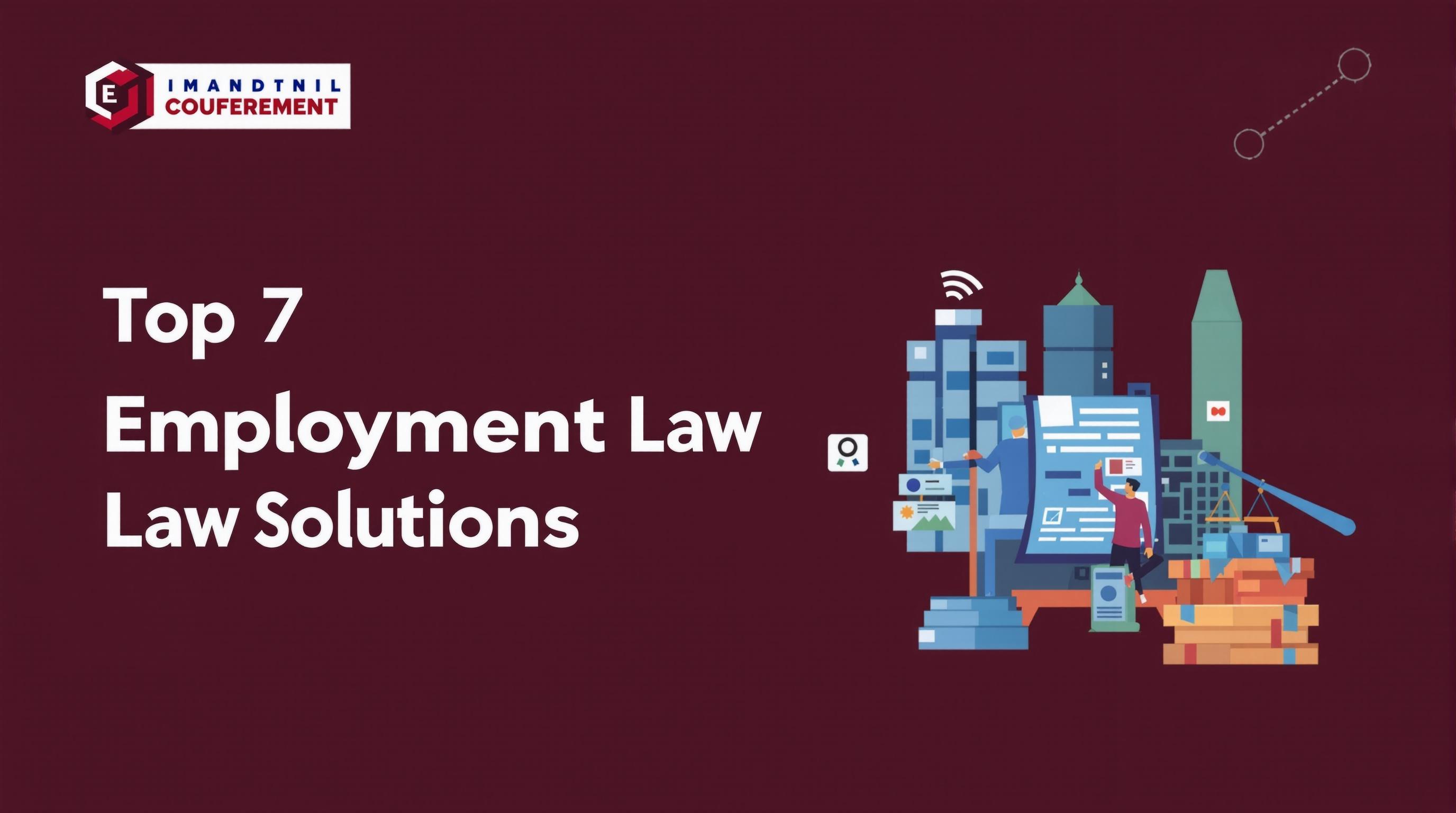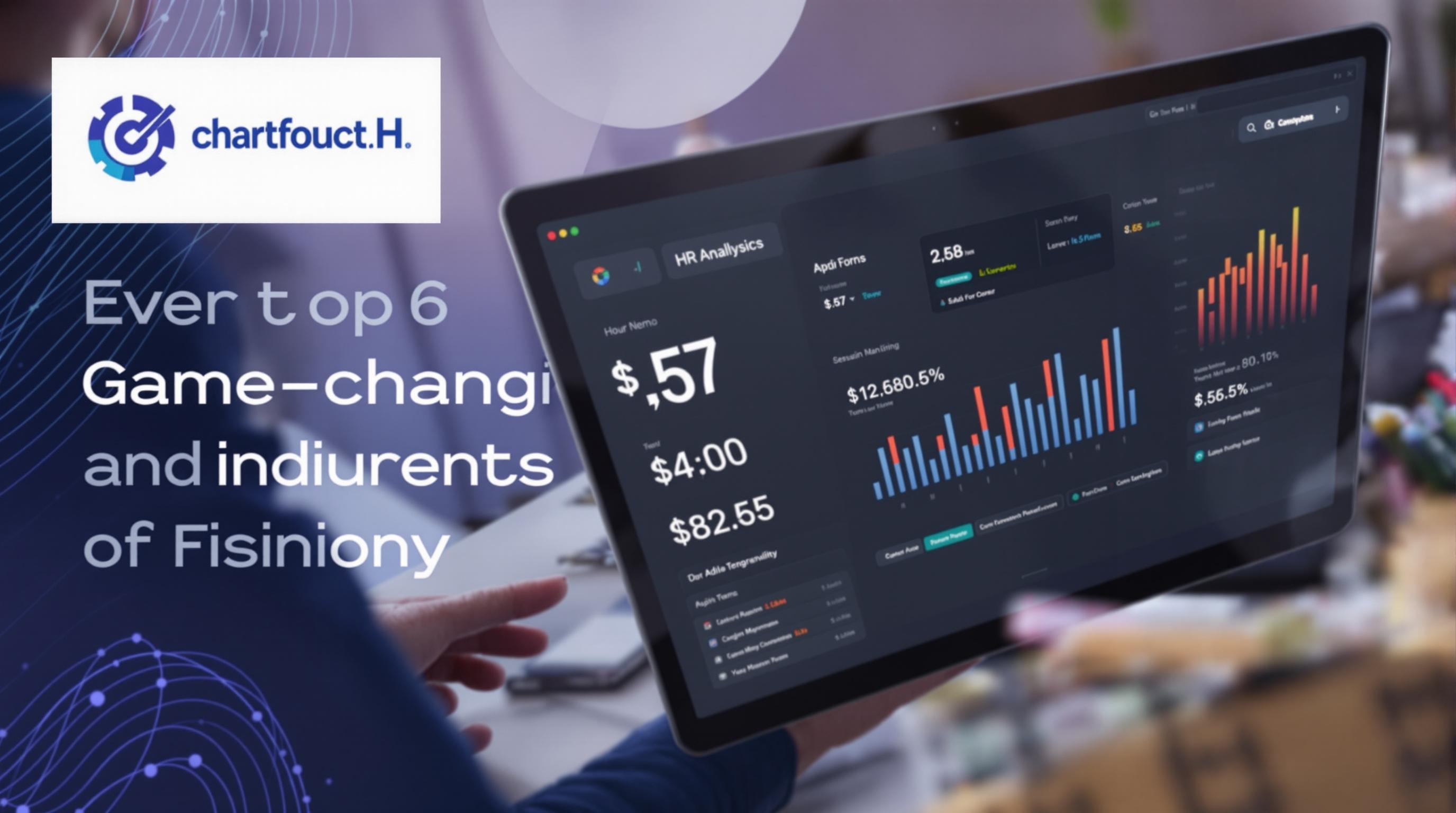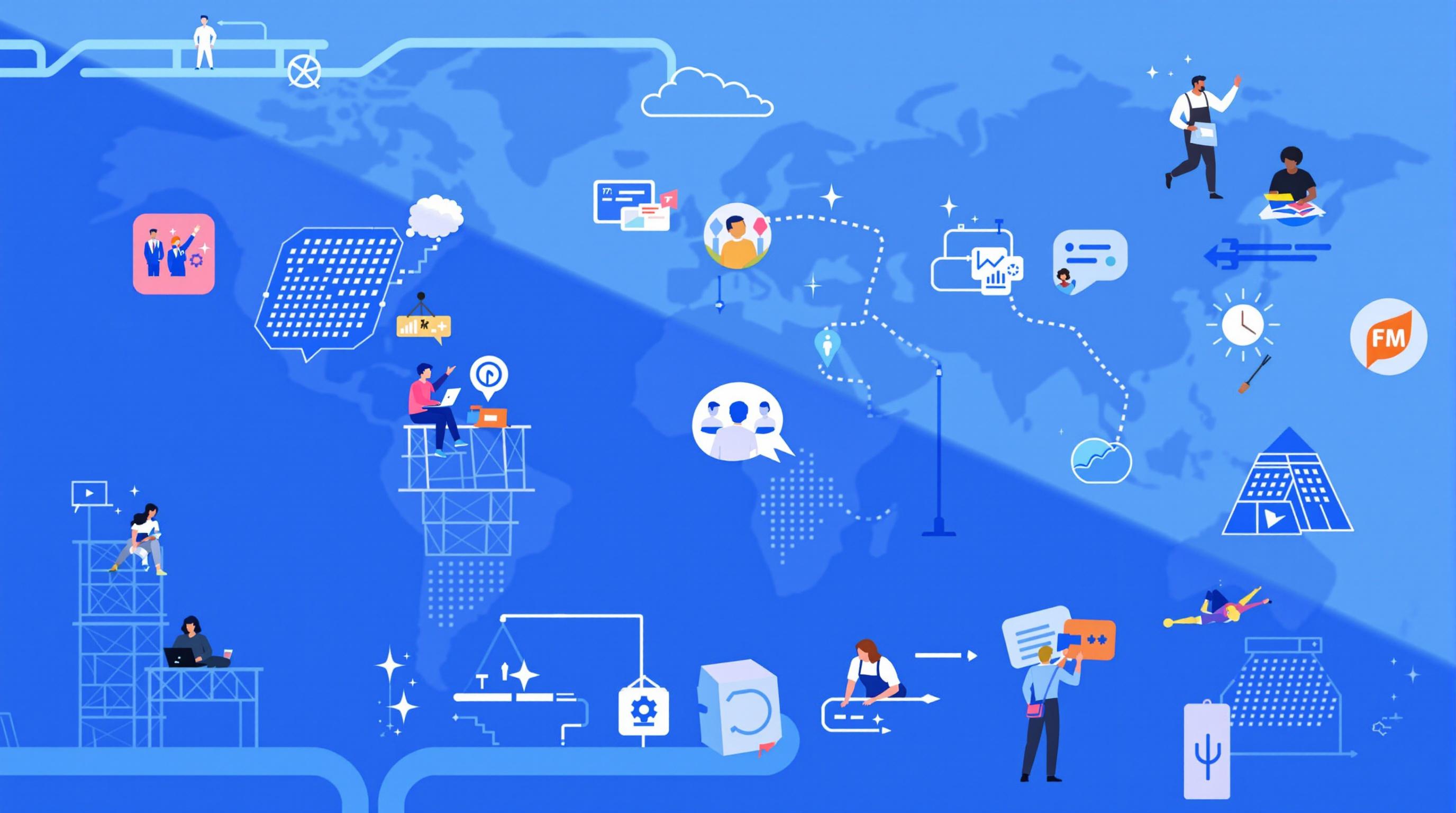Related Articles
- The Role of Cultural Norms and Social Pressure in Shaping Corporate Tax Behaviors Across Borders
- Top 6 Game-Changing HR Analytics Platforms Since 2019 Revolutionizing Employee Rights Enforcement
- The Unexpected Impact of Cultural Appropriation on Copyright Claims and Creative Ownership Debates
- Unveiling the Role of AI in Detecting Counterfeit Trademarks Before Official Approval
- The Quiet Impact of Cultural Nuances on Negotiation Dynamics in Global Business Agreements
- The Hidden Role of Psychometric Profiling in Choosing Co-Founders for Startup Success
Top 7 Innovative Employment Law Solutions Launched Since 2019: In-Depth Rankings & Reviews for Legal Experts
Top 7 Innovative Employment Law Solutions Launched Since 2019: In-Depth Rankings & Reviews for Legal Experts
Introduction
Since 2019, the legal landscape surrounding employment law has witnessed significant innovations aimed at addressing the dynamic challenges faced by businesses and employees alike. Technology, changing workforce expectations, and evolving regulations have prompted the creation of novel solutions that streamline compliance, protect rights, and foster healthier workplace environments.
This article presents an in-depth ranking and comprehensive review of the top seven innovative employment law solutions launched over the past few years. Designed for legal experts seeking to stay at the forefront of the field, these solutions combine legal expertise with cutting-edge technology and creative strategies to revolutionize employment law practice.
Each section elaborates on a particular solution, offering insights into its features, benefits, and impact on employment law enforcement and advisory. The goal is to provide a resource that aids legal professionals in understanding and leveraging these innovations effectively.
1. AI-Powered Employment Compliance Platform
The surge in compliance requirements has led to the development of AI-powered platforms that automate complex regulatory monitoring and risk assessment tasks. One such solution, launched in 2020, integrates machine learning to analyze evolving employment laws across jurisdictions, sending timely alerts and actionable advice to companies and legal teams.
This technology assists legal experts by providing enhanced accuracy in compliance audits, reducing human error, and offering predictive insights into potential legal challenges. The automation of routine tasks enables lawyers to focus on strategic consultations rather than administrative burdens.
According to a 2022 study published in the Journal of Labor Law Technology, the adoption of AI in employment compliance decreased violation incidences by 30% among early adopters, highlighting its tangible impact on legal practice and business risk management.
2. Virtual Arbitration and Mediation Platforms
With the rise of remote work and digital communication, virtual arbitration and mediation platforms have transformed dispute resolution in employment law. These platforms, introduced extensively since 2019, provide secure, user-friendly virtual environments allowing parties to resolve conflicts without physical presence.
Legal experts benefit from streamlined scheduling, reduced costs, and real-time document sharing capabilities. This innovation supports faster resolutions and increased accessibility for employees and employers, especially in geographically dispersed contexts.
As noted by the American Bar Association in 2021, virtual dispute resolution tools have increased settlement rates by improving convenience and lowering participation barriers, making them an indispensable asset for modern employment law practice.
3. Blockchain-Based Employee Record Management
The adoption of blockchain technology in employment law is a groundbreaking step toward secure and transparent employee record keeping. Solutions launched since 2019 enable tamper-proof storage of contracts, certifications, and disciplinary records accessible only with proper authorization.
This system mitigates fraud, enhances data integrity, and simplifies the audit process, offering legal experts a reliable way to verify employment history and compliance documentation. The immutable nature of blockchain records also strengthens evidence reliability in litigation.
A 2023 report by LegalTech Insights found that blockchain solutions decreased data disputes by 40% and accelerated verification processes, establishing the technology as a trusted tool in employment law administration.
4. Predictive Analytics for Workforce Risk Assessment
Using predictive analytics, new tools analyze workforce data to forecast potential legal risks such as discrimination claims, harassment incidents, and wrongful termination lawsuits. Launched from 2019 onward, these solutions enable proactive strategies in employment law compliance and dispute prevention.
Legal professionals can leverage these insights to advise clients on policy adjustments, training programs, and resource allocation that mitigate liabilities. The integration of big data and AI allows for nuanced understanding of workforce dynamics and emerging risk patterns.
The Harvard Business Review noted in 2022 that firms utilizing predictive analytics for employment risk management reported a 25% reduction in costly litigation and enhanced employee satisfaction scores.
5. Automated Contract Drafting and Review Systems
Automation in contract management has revolutionized how employment agreements are drafted, reviewed, and updated. Platforms launched since 2019 provide customizable templates alongside AI-based review features that identify risky clauses, inconsistencies, or outdated terms.
This innovation enables legal teams to accelerate contract turnaround times and improve accuracy, freeing resources for higher-level legal strategy development. It also empowers HR departments with preliminary drafting tools aligned with compliance standards.
According to a 2021 report by the International Association of Employment Law Professionals, these systems improved contract quality metrics by 35% and reduced negotiation durations by an average of 20%.
6. Diversity, Equity, and Inclusion (DEI) Compliance Tools
The increasing emphasis on DEI initiatives has spurred the creation of specialized employment law solutions that monitor and promote equity in hiring, promotion, and workplace culture. Since 2019, these tools provide comprehensive audits and reporting functions to help organizations meet regulatory and societal expectations.
Legal experts can utilize DEI compliance software to identify gaps, track progress, and generate documentation supporting affirmative action and anti-discrimination policies. The actionable insights facilitate informed advocacy and policy development.
Research by the Center for Workplace Equity in 2023 confirmed that integration of DEI tools correlates with a 40% improvement in minority representation compliance and reduced liabilities related to discriminatory practices.
7. Employee Wellness and Mental Health Legal Platforms
Recognizing the legal implications of workplace wellness and mental health, specialized platforms have emerged post-2019 to guide employers through compliance with mental health regulations and best practices. These solutions combine legal advisory with wellness program management features.
Legal experts can provide clients with frameworks that reduce risks related to workplace stress, ADA accommodations, and leave policies. Enhanced reporting tools also document compliance and help defend against potential claims.
The National Institute for Occupational Safety and Health (NIOSH) documented in 2022 that organizations adopting these platforms experienced a 15% decrease in employee-related litigation linked to wellness and accommodation issues.
Additional Leading Innovations
Beyond the top seven, several notable employment law solutions have gained traction since 2019, including advanced whistleblower protection systems and dynamic labor market analytics. These tools contribute to safer workplaces and data-driven labor policy advocacy.
While not as widely adopted yet, their specialized functions suggest they will play an increasing role in comprehensive employment law strategies, complementing the solutions highlighted herein.
Continuous technological progress and regulatory changes promise further innovations, underscoring the importance of legal experts maintaining awareness of emerging tools to enhance service delivery.
Conclusion
The innovations introduced in employment law technology and services since 2019 provide valuable resources for legal professionals striving to meet the complexities of modern workplaces. From AI compliance platforms to blockchain record management, each tool offers distinct advantages that streamline process efficiency, reduce risks, and promote equitable treatment.
Legal experts equipped with knowledge of these solutions are better positioned to advise clients proactively, ensuring alignment with current laws and workforce expectations. Adoption of these technologies also reflects a broader trend of legal practice modernization driven by digital transformation.
Staying informed and engaged with emerging employment law solutions will remain essential for practitioners committed to delivering cutting-edge legal counsel and safeguarding organizational and employee interests alike.





